Foods You Shouldn’t Freeze
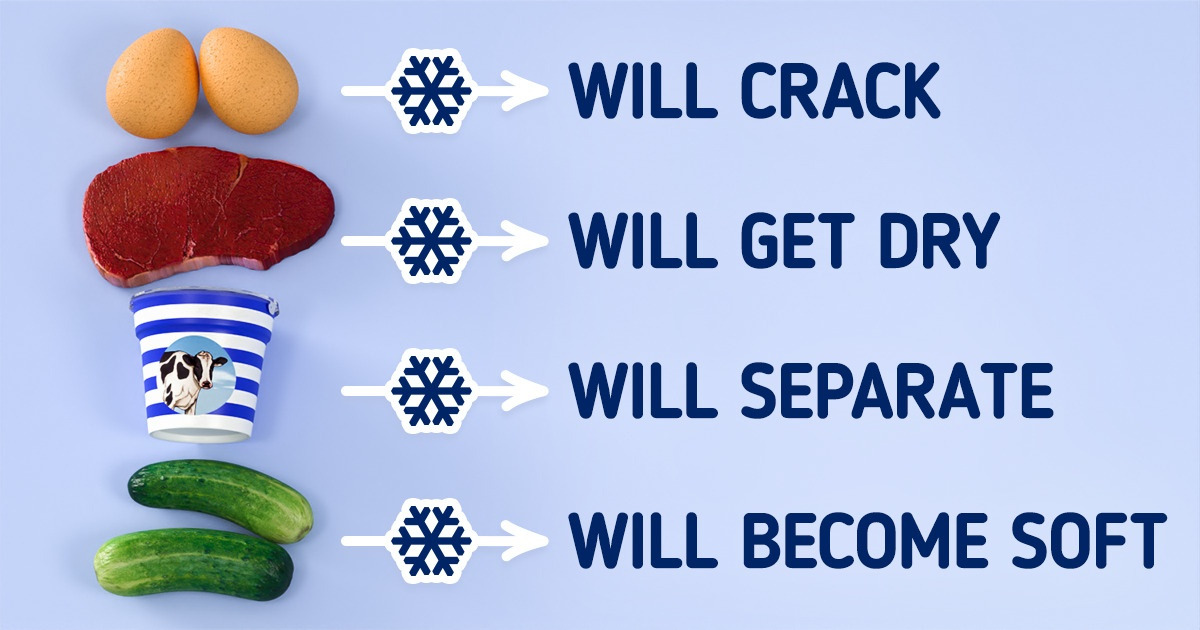
The fridge has been our biggest ally in the kitchen for a long time. It helps us keep our food fresh. Of course, food can be stored in freezers for a very long time, but it’s important to know that not all foods can handle low temperatures equally well.
With 5-Minute Crafts, you will find out what foods you shouldn’t freeze.
Freezing is the simplest and most convenient way of storing food. Many items can be frozen easily. The exception is foods that are rich in water or cream-based, along with boiled foods with starch, such as noodles and rice.
We’re now going to talk about how different foods handle freezing.
Eggs
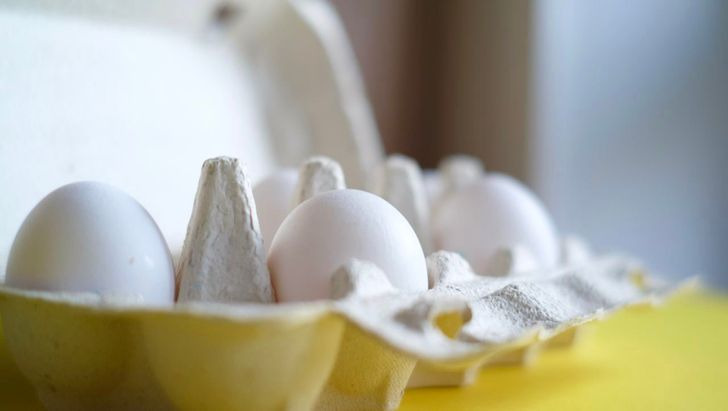
Eggs can’t be stored whole. When the temperature goes low quickly, the egg whites and the yolk expand, so the shell might crack.
If you need to freeze eggs, you need to remove the shell and put the whites and the yolk into a bag or a container.
Meat, chicken, and fish
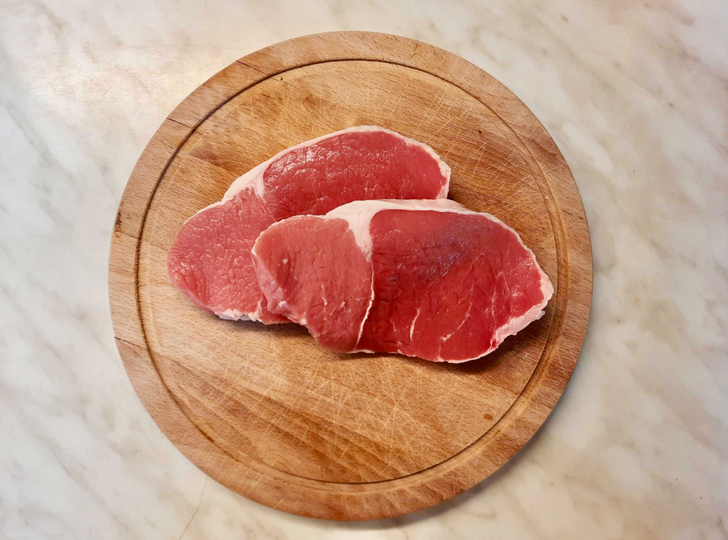
Defrosting is believed to have a negative impact on many foods. You can freeze fish for a second time only if it was defrosted in the fridge. Otherwise, the second round of freezing can be dangerous. Remember that the taste and the texture of fish will change.
Freezing meat for a second time is safe, but the taste might change. During thawing, the meal loses water, so it will be dry. Don’t freeze meat that has already been in the freezer.
Freezing chicken may worsen the meat quality. You can only freeze it again if it was defrosted correctly for no more than 24 hours and at a temperature no higher than 41°F.
Fried meals
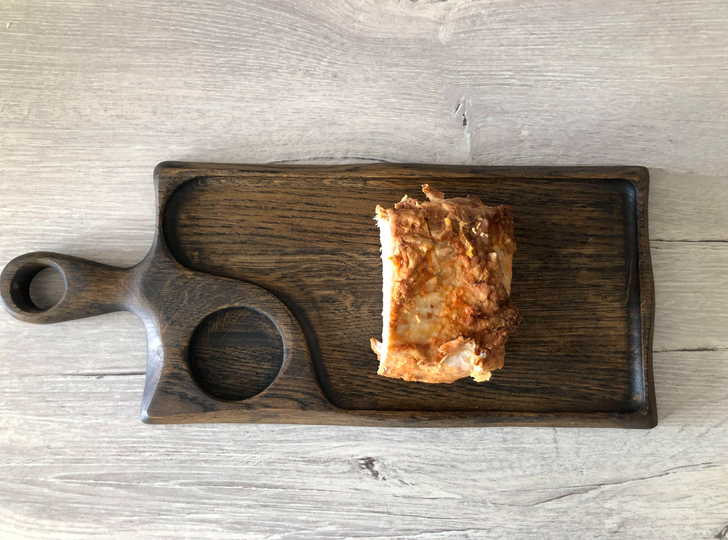
French fries from the supermarket can be stored in the freezer perfectly well, but homemade foods don’t always react the same way to cold temperatures. If you put some fried chicken in the freezer, it will be wet and slippery.
Dairy products
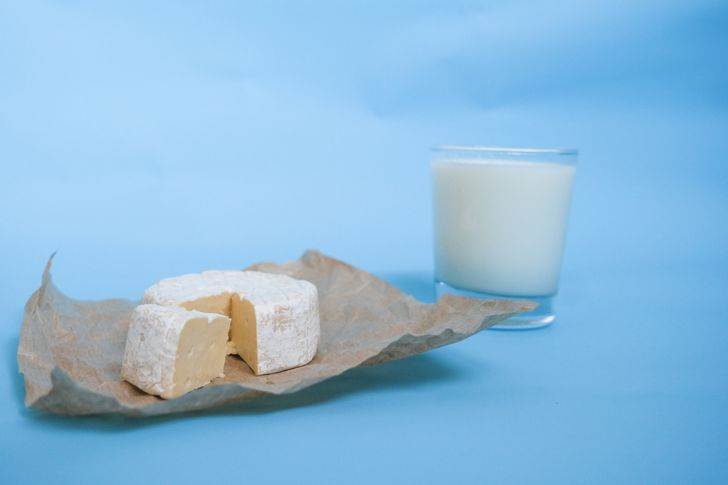
Milk can be frozen only if you’re going to use it to make meals. Don’t drink milk after freezing it. It might have lumps and the taste will change.
You can freeze sour cream but it will change its texture — it will separate and become watery. So don’t expect sour cream to stay as it was before you froze it. You can only use it in pastries, but not in sauces.
Freezing yogurt is not the best idea. After defrosting, it also separates and becomes watery. It might taste sour. Besides, the good bacteria in yogurts die when it’s frozen.
Freezing cheese will also change its texture. Some cheeses become mealy after freezing. Don’t freeze Camembert, Brie, ricotta, or cream cheese. Cheddar or parmesan, however, can handle low temperatures quite well.
Vegetables and fruit
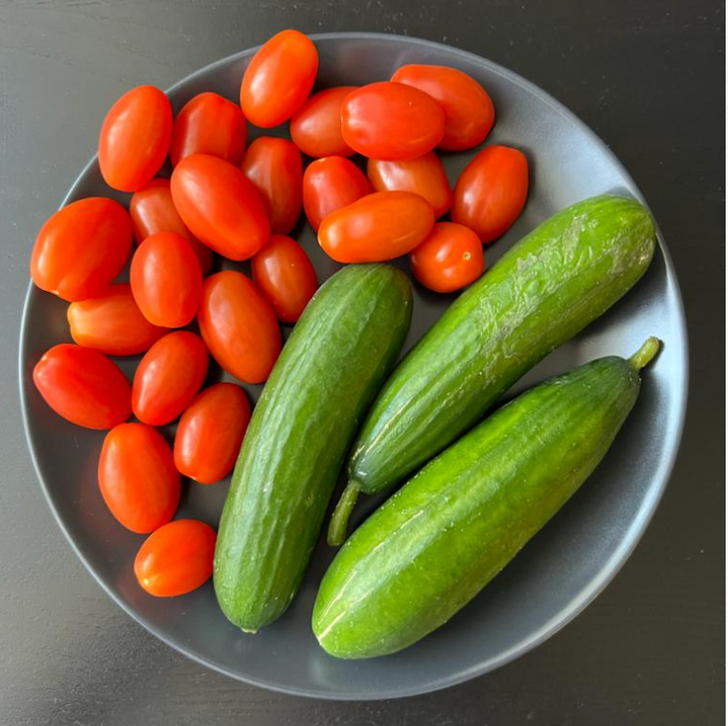
After you freeze fresh foods with a lot of water (cucumbers, watermelons, oranges), you won’t be able to eat them fresh after defrosting and still enjoy the original taste. After defrosting, they become softer: the moisture that keeps these vegetables and fruit crunchy will turn them into a mash.
Cabbage, radishes, and cucumbers become soft and change color, taste, and smell after defrosting. Zucchini might oxidize and become watery and soft. If you want to store tomatoes, turn them into a sauce and put them into the freezer.
Fresh potatoes are not good with freezing either. They become soft, watery, and mushy. If you really need to store potatoes, boil them and put them into the freezer. You can store them for 3 months.
Avocados don’t like low temperatures. They become slimy and soft and don’t look good at all.
Don’t put melon or watermelon into the freezer. When defrosted, they lose their juiciness, but they can be used to make smoothies after defrosting.
Herbs and greens
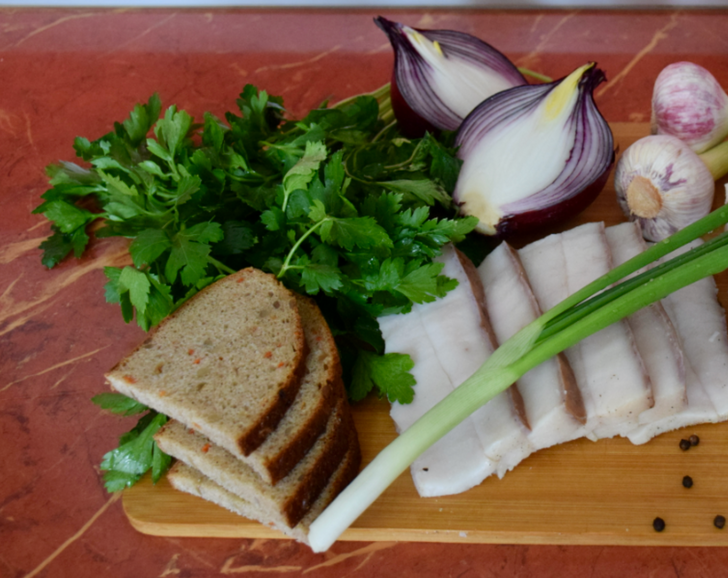
Herbs and greens shouldn’t be stored in the freezer. Lettuce, spinach, and herbs become soft and sticky, and they change color.
Lettuce contains a lot of water. When frozen, the water expands and tears the cell walls that build the leaf structure. So, in turn, the greens will look wet and soft.
Fresh herbs are great to decorate any meal. But after freezing, they won’t be as crunchy and fresh. Melted herbs can be used to make sauce and pasta.
Side dishes
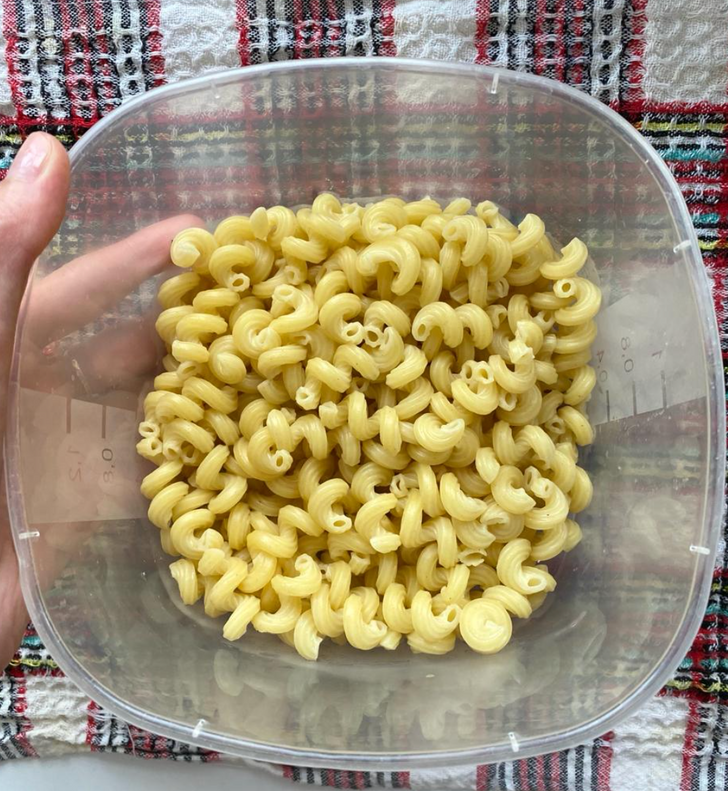
Desserts

Cakes, pies, and cookies are often frozen, and we enjoy eating them afterward. But it’s not the same for meringue. This dessert can’t handle low temperatures. It becomes hard to chew after defrosting.
You can’t freeze custard cream either, as it will be watery and mushy.
Jelly won’t be the same after defrosting. Freezing damages the polymers and colloids that keep gelatin together.
Mayo, mustard, and ketchup
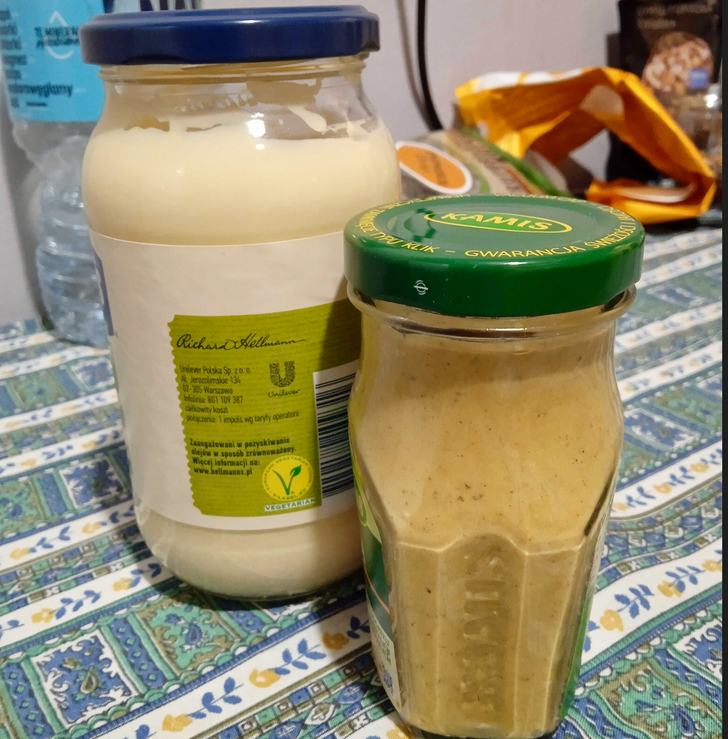
Of course, nobody freezes packs of mayo. But there are many meals with mayo in them that can’t be frozen. They change their structure after defrosting. Some meals become sponge-like, soft, or hard to chew.
Don’t freeze mustard and ketchup — their ingredients separate when defrosted.